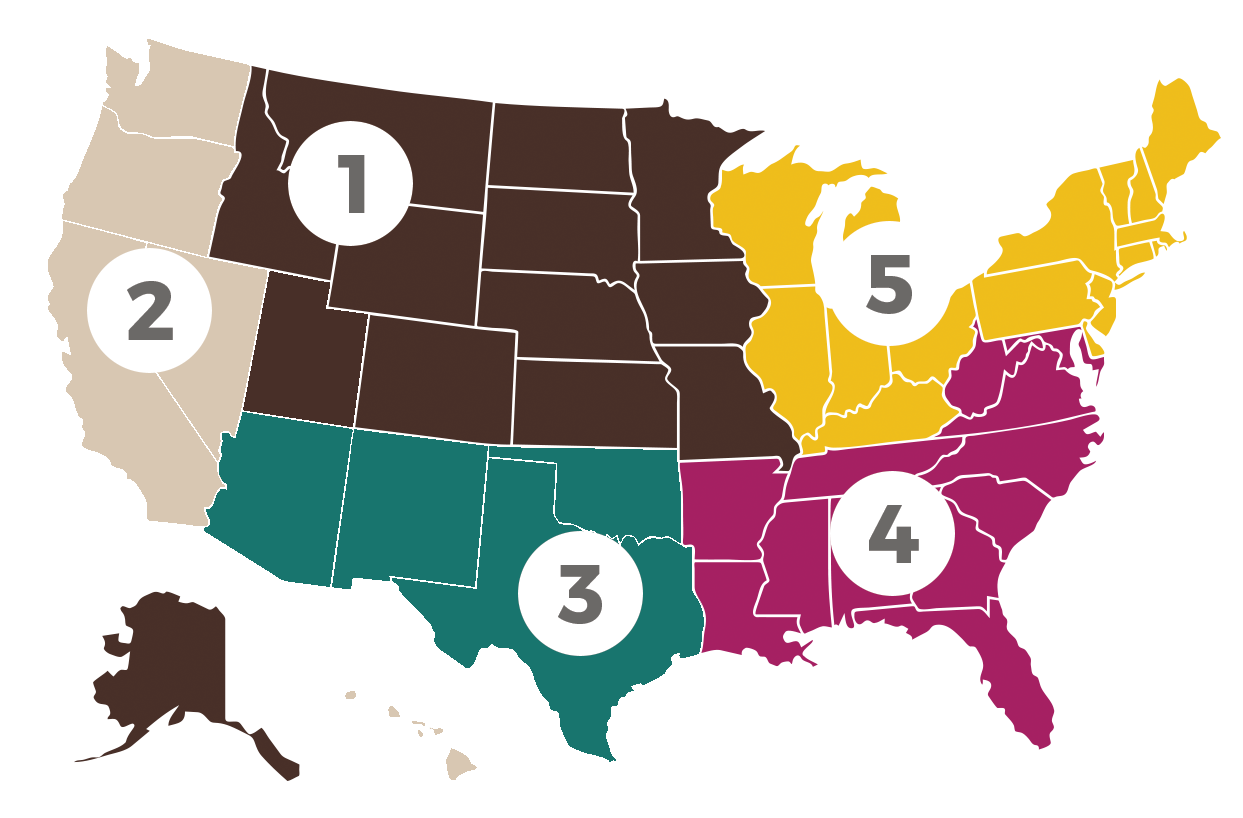Did you know that Darlington’s Appleways Snacks contain 16g or more of total creditable grain, of which 8 grams or more are whole grain to align with USDA nutritional requirements to be a one ounce grain equivalent? Plus, our 2.4 oz Appleways Bars are a two grain equivalent by containing 32g of total creditable grain, of which 16 grams are whole grain.
Why are whole grains important?
Grains are important sources of many nutrients, including dietary fiber, B vitamins and minerals. According to the School Nutrition Association’s Journal of Child Nutrition and Management, including more whole grain foods can provides children with several dietary advantages:
- An increased intake of whole grain foods may contribute to improved long-term health and the development of healthier eating habits that are carried into adulthood.
- Offering whole grain foods provides the opportunity for children to experience and accept a healthy new repertoire of whole grain alternatives in their diet at young ages.
According to the Whole Grains Council, the benefits of whole grains most documented by repeated studies include:
- Reduced risk of stroke
- Reduced risk of type 2 diabetes
- Reduced risk of heart disease
- Better weight maintenance
- Less inflammation
- Lower risk of colorectal cancer
How do we make whole grains more appealing?
While its clear that including more whole grains in meals and snacks has its benefits, sometimes the taste and texture difference can be a challenge for students to overcome. At Darlington, we’ve worked to reach the USDA one grain equivalent by including 51% of whole grain flour in our Appleways snacks. We also aim to appeal to our students by baking in enticing flavors and a little apple in every bite to add an element of sweetness, without the need for additional refined sugar.
Sources:
- https://wholegrainscouncil.org/whole-grains-101/health-studies-health-benefits/what-are-health-benefits
- https://www.choosemyplate.gov/eathealthy/grains/grains-nutrients-health
- https://schoolnutrition.org/uploadedFiles/5_News_and_Publications/4_The_Journal_of_Child_Nutrition_and_Management/Fall_2004/3-ujszaszy.pdf

